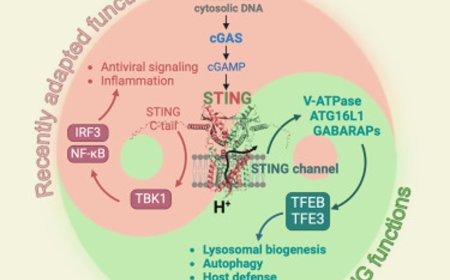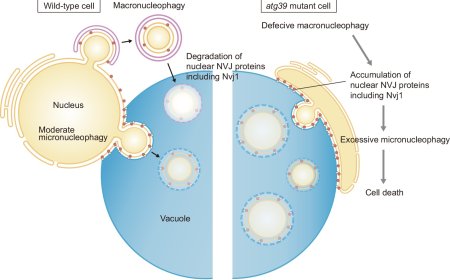The role of enzyme PLK1 in regulating centromeres

“We closed a gap in our knowledge that was open for 10 years,” says the first author of the publication. In healthy DNA replication, at first, each new chromosome gets half of CENP-A proteins per centromere, which is replenished shortly after division - that process is completely unregulated in cancer cells.
In 2014, another group found out that while one enzyme named CDK1 prevents the loading of CENP-A during most of the cell cycle, at a distinct time in the cell cycle the enzyme PLK1 promotes the refilling. Yet the precise molecular actions of PLK1 were unknown.
PLK1 is involved in many processes inside the cell, hence the usual approach of inhibiting it altogether would have disrupted its functioning. “The main challenge was to isolate only the specific function of PLK1 related to CENP-A reloading,” says the author.
The scientists building on earlier work reconstituted PLK1 and the whole refilling machinery in the test tube, and introduced mutations in specific points of the proteins to discern if and how they were involved in the process. They then confirmed their findings in cell, using cell biology essays.
As it turns out “PLK1 binds to one of the components of the restocking apparatus (a complex of four proteins), to make the arm of one of them open up and let the final element of the machinery bind, the chaperon protein HJURP which keeps CENP-A soluble and stable in the cytoplasm,” says the author.
PLK1 initiates the cascade of events by inducing a series of chemical changes (phosphorylation) and conformational changes in the nearby proteins of the machinery. “The discovery”, adds the researcher, “paves the way for new questions about PLK1 and its involvement in regulating the insertion of new CENP-A proteins into the centromere.”












